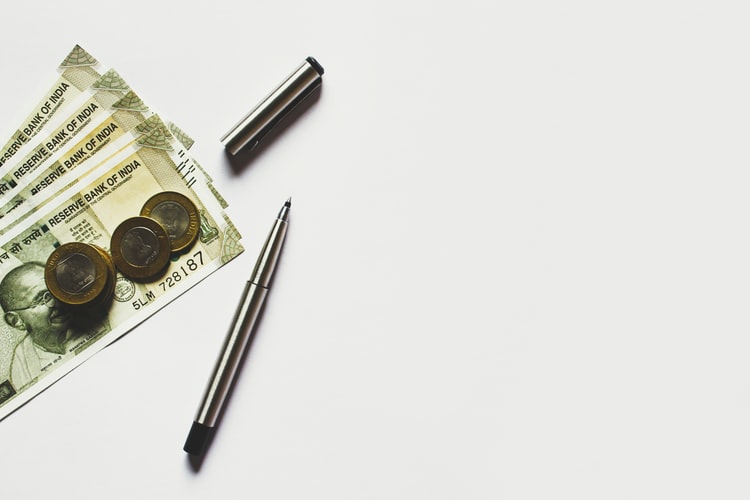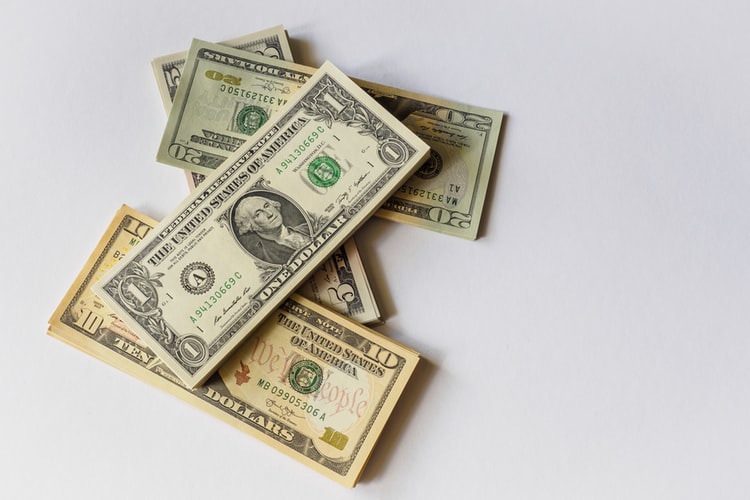As it turns out, guessing about how much you are spending and how much you are saving isn’t the best way to maintain control over your finances. Few humans are intuitively good at managing their money; odds are that you need a significant amount of help to ensure you aren’t overspending, over-saving or otherwise making major mistakes with your financial assets.
Fortunately, there is help to be had. Here are a few of the best tools for money management in 2020 — whether you think you need them or not.
Budget Templates
The humble budget remains the most important tool for effective money management. That’s because money management is the primary purpose of a budget; by design, it helps you see your income and expenses to ensure you are putting your money in the best places for your priorities. In its simplest form, a budget is merely an estimation of revenue and expenses over a period of time, but they can be much, much more intricate, depending on unique financial circumstances, timelines and more.
Building a basic budget isn’t difficult, but if you are brand-new to the concept, it might be useful to utilize a pre-generated budget template, like those you can find for Microsoft Excel or Mac Numbers. It might be useful to manage a few different budgets, especially if you are part of a family that has more complex expenses. However, even if you do download a template, you need to input your information accurately and regularly to better understand how much money you have and where it is going.

Envelopes
Many people struggle to manage their money because the numbers in their bank account are intangible, and to them, the entire system is confusingly abstract. As a result, spending money via debit and credit cards can feel unreal, like a meaningless game that doesn’t actually impact their lives.
That’s why the envelopes method of money management is so popular — it makes money feel real again. In the envelopes method, you pull out a certain amount of cash for a certain period, perhaps every one or two weeks. Then, you divide that cash into different categories, like groceries, personal grooming, health, entertainment and the like. When you run out of cash in an envelope, you can’t spend any more on that category for the rest of the period.
Envelopes are not a replacement for budgeting; in fact, it is especially important to maintain a budget when you enact the envelope method because you need to know how much cash to place in each category. However, envelopes are an inexpensive and effective way to drive the reality of personal finance home.
Apps
It is possible to contain all your money management paperwork and tools in a physical binder — but it isn’t entirely necessary now that you have access to a wealth of personal finance apps. Software and apps make it easier than ever to manage your money; often, they connect directly to your bank accounts and credit cards, so they offer real-time tracking of your income and spending. This reduces your responsibility in remaining honest and accountable to your personal finance goals, and it all but ensures that you stay on track.
There are free personal finance apps available, but the best money management software are the paid options because they offer more robust features, like debt management, automatic savings and even bill pay. Plus, paid tools typically come with both desktop and mobile apps, so you can always see and manage your finances. The so-called free apps often come with in-app purchases for basic functionality, and you simply can’t trust how they handle your sensitive financial data. If you are truly committed to becoming better at managing your money, you need to invest in a high-quality, trustworthy solution.
Long gone are the days when your entire personal finance strategy could safely revolve around a piggy bank. As an adult, you need a system for understanding the money you have going in and the money you have going out, so you can make a concerted effort to achieving your wealth-related goals. By using tools like budget templates, envelopes and, most importantly, personal finance apps, you can gain the necessary skills to manage your money efficiently and effectively.

